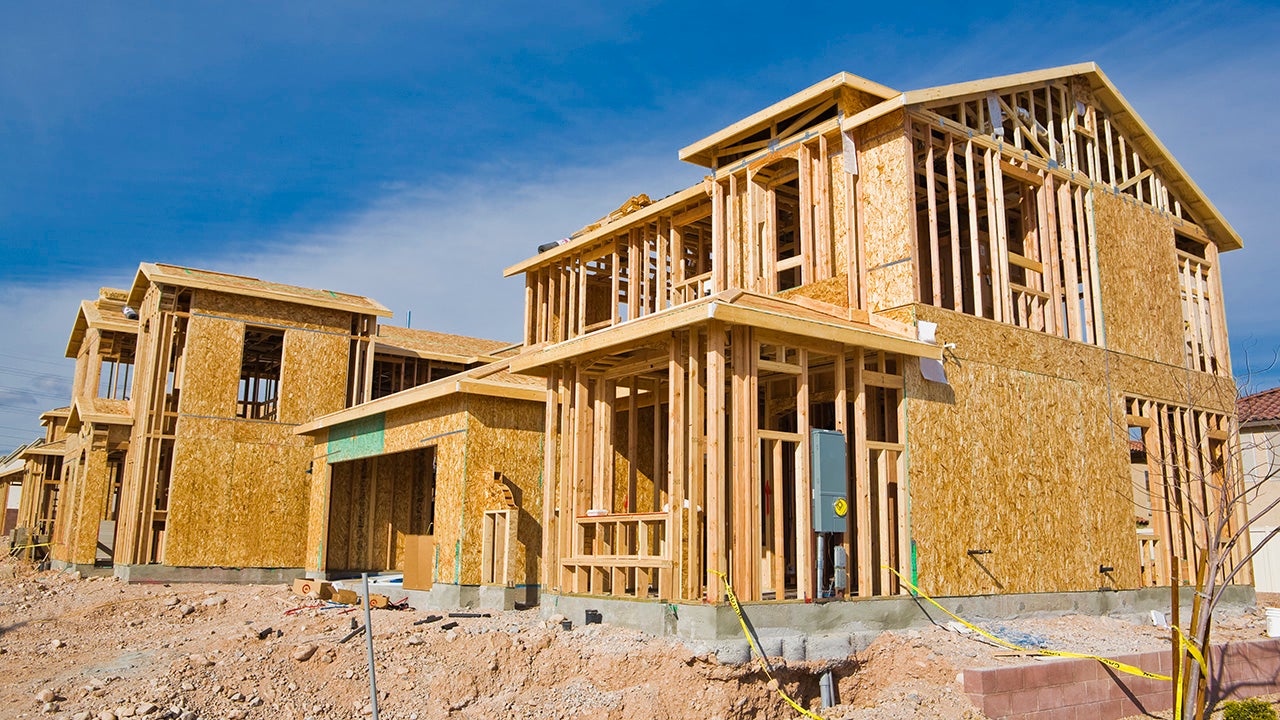Own up to remodeling without permits

Dear Real Estate Adviser,
I am guilty: I completely remodeled my home without permits, including adding a second bathroom. Everything was done to code, however. A plumber friend did all the water and heating. Now, I need to sell. How do I make things legit? Will they make me tear out everything? Can they fine me? How much?
— D. Lang
Dear D.,
It’s good you “came clean” before selling. Feel better?
Many homeowners will simply try to pass off a house to unsuspecting buyers without disclosing unpermitted work and let them deal with the consequences. Of course, there’s a chance your clandestine maneuver may have been discovered anyway by a closing agent, title company or home inspector. That’s because deed records and tax-assessment districts typically have legal descriptions showing the number and types of rooms a house contains. Your second bathroom, though professionally constructed, may have stuck out like a red flag in a cursory examination of those documents.
Now, some real estate wags will opine that if there aren’t any outstanding code violations on city records and your eventual buyers and their mortgage company don’t make an issue of the work, you could proceed without involving the city. However, realize that how or if this unpermitted work is addressed in your disclosure, it could create some consternation among the buying and selling parties.
Coming clean with the building department may not be quite as costly as you anticipate. Most such departments are reasonable to work with. Of course, it all depends on the city or county, its enforcement mode and the quality of the construction work. Cash-starved cities are aggressively looking for ways to increase revenue these days — yet they don’t want to deter sales, either.
Yes, there may be a small fine. But any fine — typically, double what the permit would have cost and possibly a little extra — imposed for the unpermitted work would likely be much less than the price adjustment you’d have to offer a buyer who’s aware of the work. And it would be far less than legal fees if a buyer slapped a post-escrow lawsuit on you. Insurance concerns are another motivator. Should a fire or flood occur in an area of unpermitted work and the insurer figures that out, it could decide not to pay.
The only major tear-out concern I see here is if the plumbing work on that second bathroom you added is covered. If so, you may be asked to have some drywall or paneling removed to unmask it — though not necessarily. Again, it depends on the city and quality of work. Talk with your plumber friend or someone else familiar with your city’s policies on unpermitted work to see how that’s addressed.
Here’s another plus for disclosure: If the city lets the bathroom stand, as is likely, you’ll be able to really push that second bathroom as a selling point. This assumes the bathroom stands up to today’s code, not the code when it was built.
Almost always, it’s best to be above-board in the home sales game. Good luck.
Ask the adviser
To ask a question of the Real Estate Adviser, go to the “Ask the Experts” page and select “Buying, selling a home” as the topic. Read more Real Estate Adviser columns and more stories about mortgages.
Bankrate’s content, including the guidance of its advice-and-expert columns and this website, is intended only to assist you with financial decisions. The content is broad in scope and does not consider your personal financial situation. Bankrate recommends that you seek the advice of advisers who are fully aware of your individual circumstances before making any final decisions or implementing any financial strategy. Please remember that your use of this website is governed by Bankrate’s Terms of Use.
You may also like

First-time homebuyer qualifications

How to sell a house by owner in Tennessee


